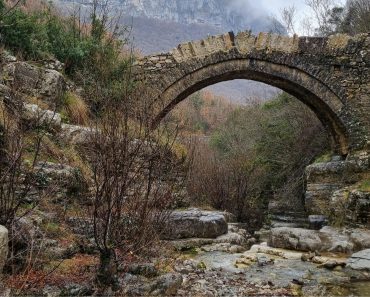The dire need for a cohesive strategy was the common ground in an afternoon panel on the Greek summer experience at Kathimerini’s two-day “Reimagine Tourism in Greece” conference on Tuesday.
Moderated by journalist Michalis Tsintsinis, the discussion, titled “The Greek Summer Experience: Nostalgia and Reality,” examined whether the nation’s booming tourism industry is on a path to undermining the very cultural identity and natural environment that attract millions. The debate pitted high-volume economic growth against calls for radical sustainability measures and more deliberate “curation” of visitors.
Stathis Kalyvas, Gladstone professor of Government at the University of Oxford, traced the concept of the “Greek summer” back to the evolution of modern Greek culture, noting its roots in the intellectual movement of the 1930s, which fused modernity with tradition to form a distinct national identity. He argued that while the promotional power of “The Greek summer” peaked between 1970 and 2010, “identity is a key ingredient for development,” and must be preserved against the risks of over-commercialization.
Kalyvas warned that tourism risks becoming a victim of its own popularity. He suggested a shift “from marketing to selecting our clientele,” referencing global cases like Venice’s visitor ticketing system and even Bhutan’s model of high entry fees as examples of more controlled tourism.
Yannis Retsos, CEO of Electra Hotels & Resorts, stressed that Greece’s tourism brand draws its strength from contact with the Greek people and the country’s traditional elements. He underscored the need for a comprehensive national and local strategy that would secure competitiveness and enable the sector to evolve sustainably.
Focusing on financial sustainability, Retsos identified Greece’s inadequate infrastructure as the major bottleneck. “If infrastructure can handle it, why not?” he asked, advocating for tiered public investment while rejecting caps on visitor numbers. Infrastructure without strategy, however, “risks becoming meaningless,” he cautioned.
Demetres Karavellas, CEO of WWF Greece, reframed the notion of “sustainable tourism,” emphasizing its need to balance current and future economic, social and environmental impacts. He pointed to heavily burdened destinations such as the Cyclades and urged Greece to begin measuring the overall footprint of tourism in order to manage it effectively.
Rather than speaking loosely about sustainability, he argued for honest recognition of the pressures tourism places on landscapes, space and natural resources. For Karavellas, the path forward requires integrated spatial planning, water management and sector-by-sector strategies to reduce tourism’s footprint, allowing it to remain profitable while causing less harm.
The panel ultimately converged that Greece must make critical, long-term strategic decisions now, while the industry is at its peak, to safeguard both its identity and its future.






